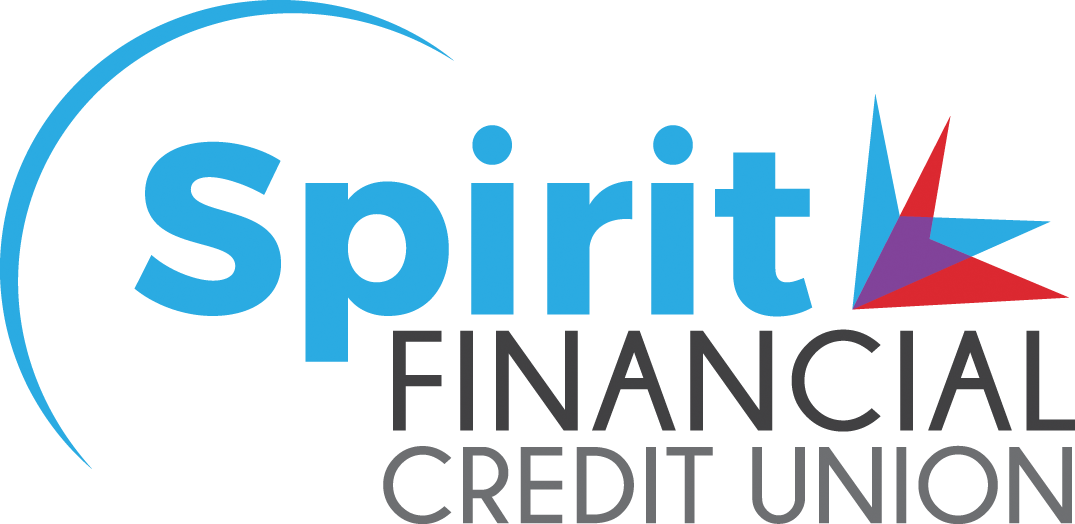Personal Loan vs Credit Cards: Which Should I Get?
When it comes time to borrow cash, we have a litany of options. No matter the reason, credit cards and personal loans are two of the most common forms of borrowing. There’s no doubt that there are pros and cons to each, but which is best for your unique financial needs? We’ve written this blog to help you answer exactly that!
Use a personal loan when:
· You have good credit
· Financing a major purchase
· Consolidating high interest debt
· Paying a large unexpected expense
· Completing home improvement projects when home equity isn’t an option
· Auto repairs
A personal loan is a lump sum of money borrowed from a financial institution at fixed rates that’s repaid over a specified period of time. This makes budgeting a breeze! Most personal loans are unsecured, but some lenders offer secured options. A secured loan is backed by collateral and is a good option if you have a lower credit score. One of the most significant benefits of a personal loan is that they typically come with lower interest rates. Which can mean significant savings as you pay down the debt.
A credit card might be best:
· For smaller expenses
· When you can quickly pay your balance
· When you qualify for a low intro APR credit card offer
Although convenient, credit cards typically come with higher interest rates. Depending on the lender and the card, rates can be fixed or variable. When using a credit card it’s important to pay your balance each month. If not, it’s easy to fall into high interest credit card debt. Another way to get into debt using credit cards is by charging large purchases. You want to make sure that you only charge what you can pay off each month. If you do that, you’re essentially borrowing money for free! Remember if you’re disciplined, credit cards can be a convenient, efficient form of financing.
You should also consider intro APR credit card offers. A intro APR offer is when you’re qualified a low introductory rate on purchases and balance transfers for a specified period of time. Most financial institutions offer introductory rates between 3% - 5% for anywhere generally from 3 - 18 months. You can also find 0% intro rates, but be careful with these. Read the fine print. Often times balance transfer fees come along with a 0% intro rate. Do the math. It may be better to opt for a higher rate if you can avoid balance transfer fees. Also, make sure you know the interest rate after your intro period expires. All of your research and planning could be negated if you end up carrying a balance and your rate jumps significantly. With that being said, if used correctly, a balance transfer deal could allow you to make a large purchase at a very low rate. Just make sure that you’re able to pay the debt back during your intro period.
Still need help deciding? Ask yourself these questions!
How much money do you need?
If you’re in need of a larger sum, personal loans tend to be a better option. If the amount is smaller, a credit card may be a better choice. Never charge more on your credit card than you feel comfortable paying off.
How long will it take you to pay off your balance?
If your balance can be paid off quickly, it’s ok to use a credit card. If it’s going to take longer to repay what you borrow, consider a personal loan because of lower interest rates.
Do you have good credit?
Since personal loans are often unsecured, it’s often harder to get a low rate if you don’t have good credit.
Do you qualify for a Low Intro credit card rate?
If you do and you’re sure that you can pay the debt back during the intro period, this can be a great way to score a low rate.
Which is best for you?
Think a personal loan is right for you? Consider a low, fixed rate Spirit Financial personal loan. Is a credit card a better fit for your financial needs? Take a look at our low, fixed rate cash back Visa credit cards. We even offer low intro APR balance transfer rates and we never charge balance transfer fees!
We hope you found this blog helpful in choosing between a personal loan or credit card. At Spirit Financial Credit Union, we’re committed to helping you reach all of your financial goals. For more helpful tips and financial information follow us on Facebook.



